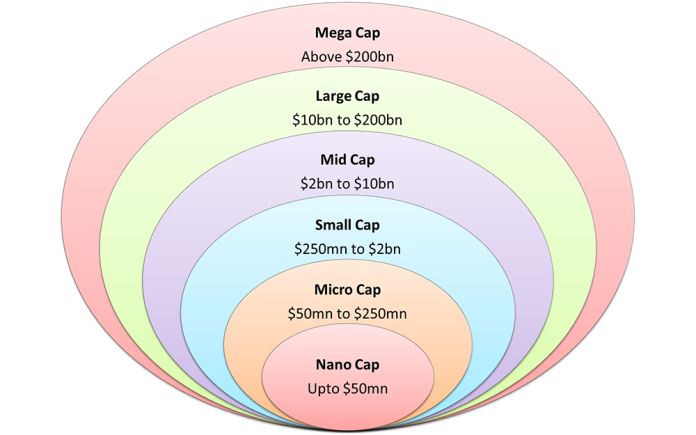
By Haddon Libby
Hard to believe but half of 2023 is behind us. Where most economists thought the US economy would be sliding into a recession by now, it has not. Inflation is slowing as well. The Commerce Department said that the inflation rate was down to 3.3% at the end of May. While this does not alleviate the stress that many consumers feel, it suggests that a moderation in price hikes is happening.
Like economists, stock market pundits had it wrong (so far) for 2023. Most expected a recession to kick in as the Federal Reserve increased interest rates aggressively. Consumer demand and cash in the system have softened the impact of Fed efforts to slow the economy as it works at reining in inflation.
So far in 2023, only a few companies have caused indexes to reflect solid returns. The NASDAQ 100 was up more than 30% for the first half. Performance is due to more than half of the companies in this index being in the technology sector. 2023 performance is principally due to mega-cap stocks like Microsoft, Apple, Amazon, NVIDIA, Meta, Tesla, Google, Broadcom, Adobe, and Netflix. The performance of these mega-cap stocks resulted in the indexes best six-month performance since 1983. To give you an idea as to how long ago 1983 is, the world recorded its lowest temperature ever at 128.6 degrees below zero in Antarctica that year. Kellogg’s Corn Flakes cost $1.19 for an 18-ounce box, bacon was $0.99/pound, and the Washington Redskins were Super Bowl champs.
The S&P 500 was up 15%, matching its best performance since 2018. Like the NASDAQ, a handful of mega-cap stocks were responsible for the strong performance. Mega-stocks are those with valuations of more than $200 billion.
In contrast, the blue-chip stocks of the Dow Jones Industrial Average were up only 3%. While this index includes Apple and Microsoft, the other mega-cap stocks mentioned earlier are not part of this index. As this index puts a greater weighting of a diverse mix of stocks from different business sectors like United Health, Goldman Sachs, Disney, 3M and Amgen, performance was subdued but positive.
Apple represents 12.4% of the NASDAQ index and 7.6% of the S&P 500. This stock was up 46% for the first half with its valuation topping $3 trillion. To put that into perspective, all publicly traded German companies are worth $2 trillion. The entire publicly traded US Energy sector is worth less than Apple. Apple’s $3 trillion valuation is supported by $400 billion in annual revenues and a healthy $100 billion profit.
A look at other mega-caps shows that Microsoft was up 40%, Amazon 52%, Google 35%, NVDA 180%, Meta 134% and Tesla 109%.
Some of this year’s strong performance is due to last year’s poor performance. If we go back to the start of 2022, Tesla stock is still down $95 at $257/share; Adobe $85 to $335/share; Meta down $52 to $281/share; Amazon $25 to $128/share; Google $25 to $120/share; Netflix $175 to $428/share.
The biggest 18-month winners of this group were Broadcom, up $200 to $862/share, and NVIDIA which was up $110 to $408/share due to advances in generative artificial intelligence semiconductors.
As the Dow shows, most of the market has not seen the performance of these few mega-cap, tech-focused companies. Dow’s largest component, UnitedHealth, was down 9.5% followed by Goldman Sachs (-4.5%), Home Depot (-1.1%), McDonalds (+12%), Microsoft (+40%) and Amgen (-14%).
Meanwhile, short-term Treasuries paid more than 5% giving investors a viable option to equities.
Economists are warming to the idea ‘soft landing’ in the economy as opposed to a recession. Stock market pundits are increasingly less negative on the market’s future direction as well. Should we take that as an indication that the worst may be over in the next few months? Could it be that they are wrong again and a recession is late but coming? Stay tuned.
Haddon Libby is the Founder and Chief Investment Officer of Winslow Drake Investment Management. For more information on our services, please visit www.WinslowDrake.com. As a reminder, this article is for entertainment purposes only and should not be considered investment advice. If you want investment advice, contact us or another Registered Investment Advisor (RIA).












































